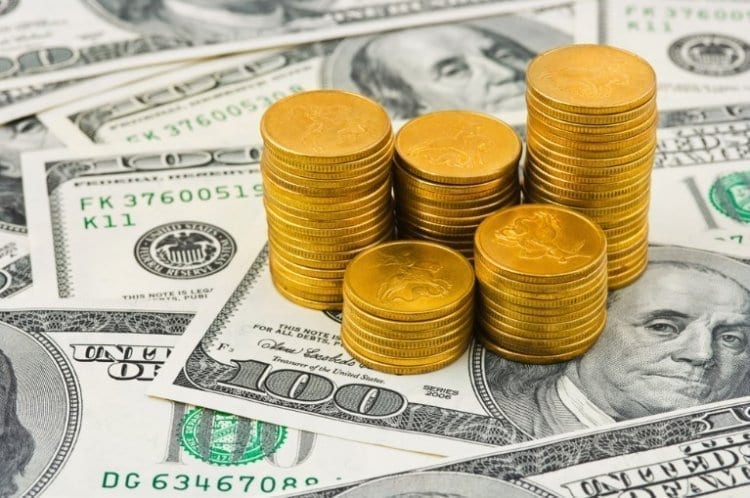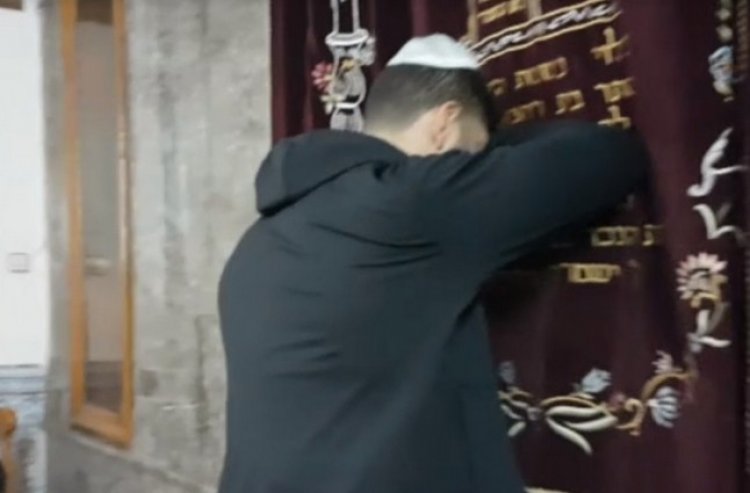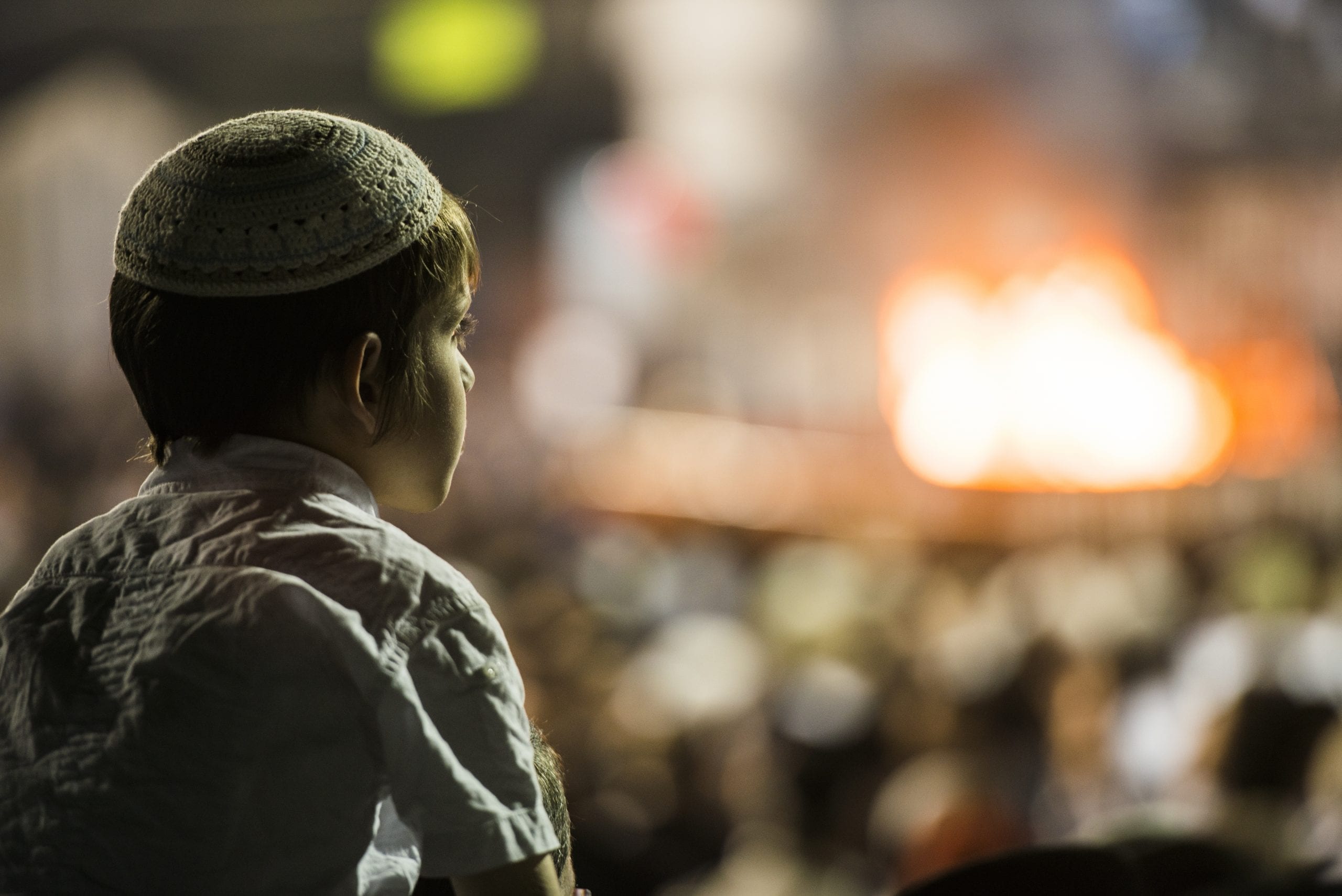Each time my father visits, he brings a piece of our past. Today he arrived for supper with an old black leather-bound siddur. “Are you the one who gave this to me?” he wanted to know. “Yes, it was a gift I brought back for you from my seminary year in Israel,” I reminded him. “Here, take it,” he said. “Take it? I gave it to you. It’s yours. In any case, what would I do with a siddur engraved with your name?” He insisted, pressed it into my hands, and explained, “I’m returning all the gifts that were ever given to me.” He eats supper with us twice a week, and each time he arrives bearing some fragment of the past. Last week he handed me a card. It was a birthday card for a one-year-old, the one my grandparents had sent me well over 40 years ago. “To Malka, on the occasion of her first birthday,” it read in my grandmother’s hand; it was signed, “Love, Grandma and Grandpa.” He has also brought me my fifth-grade report card, my class picture from seventh grade, and the many letters I had written home from camp and from Israel. He brings photos as well—photos of me as a baby, a toddler, a ten-year-old, a teenager.
Because he can’t see well, he brings piles of pictures and asks me to go through them with him. We sort them together so that each time he visits one of my siblings, he can drop off bits of their pasts as well. Then there are the pictures of him in the army, before he was married. There’s one that was taken in the Philippines during World War II, in which a monkey is sitting on his shoulder. He brings pictures of my grandparents, my brothers’ bar mitzvahs, and some of him and my mother, a”h, on vacation at the Pioneer Hotel in the Catskills, circa 1960. Recently he presented me with a small envelope containing the return card to my parents’ wedding. “Kindly reply before November 23, 1959” was inscribed on it, with a blank line underneath for the response. I’m sure he gave me a copy of the invitation on a previous visit, but I suppose he wanted to make sure I knew I was invited to the meal as well. He also offers my children these mementos, items he is convinced will be meaningful to them, like a bentcher from my grandparents’ 50th wedding anniversary party or a small Minchah–Maariv siddur from 1972 for my 11-year-old, who recently started davening Minchah. But my children have even less interest than I do. I do enjoy seeing my parents’ and grandparents’ wedding bentchers, and some of the pictures bring back happy memories (my fifth-grade report card, however, I can certainly do without!), but my children have absolutely no interest in anything connected to the past.
Unfortunately, over the years my father’s basement, where he keeps all these mementos, has flooded several times, and each item he brings has a strong musty odor. Even if my siblings and I wanted to keep all this memorabilia, we couldn’t. The smell is awful. But my father has lost much of his sense of smell, along with most of his other senses. He is legally blind and wears a hearing aid in each ear, and for him there is no unpleasant odor. He simply cannot understand why we wouldn’t want to save these old keepsakes. So we don’t tell him.We thank him effusively and quietly dispose of them when he is not looking. But it’s heartbreaking watching him dole out the past with no genuinely interested takers. Then it registers: I have my own stash of keepsakes—gifts my children have given me over the years, their report cards, their day-camp awards, their “What I Want to Be When I Grow Up” booklets, and of course, the handprint each one made in kindergarten.
It’s true that these items do not reek of mold, but I wonder, when I am 88 years old (Hashem should grant me years in health and peace), will I be like my father, bequeathing remnants of the past to my children? Will my children also gaze at me as though I am from a distant planet when I present them with the bright blue clay menorah they lovingly crafted in second grade? I do not presume to know why my father feels the need to return all these pieces of our past, but perhaps this is his way of acknowledging, now that my mother has passed away, that those years of marriage and parenting are over, officially and completely. Perhaps he feels it is time for the items that represent those decades to be returned to their creators. The creators, however, have also moved on. We will never again be those excited five-year-olds painstakingly drawing stick figures on yellow construction paper to welcome Mommy and our new baby sister home from the hospital. Nor do we wish to be. But while I no longer have any desire to own these memory-soaked scraps, I realize I do not want to discard them either. It feels akin to slicing off a piece of a still-pulsating heart—my father’s. (And after all, how could I?)





